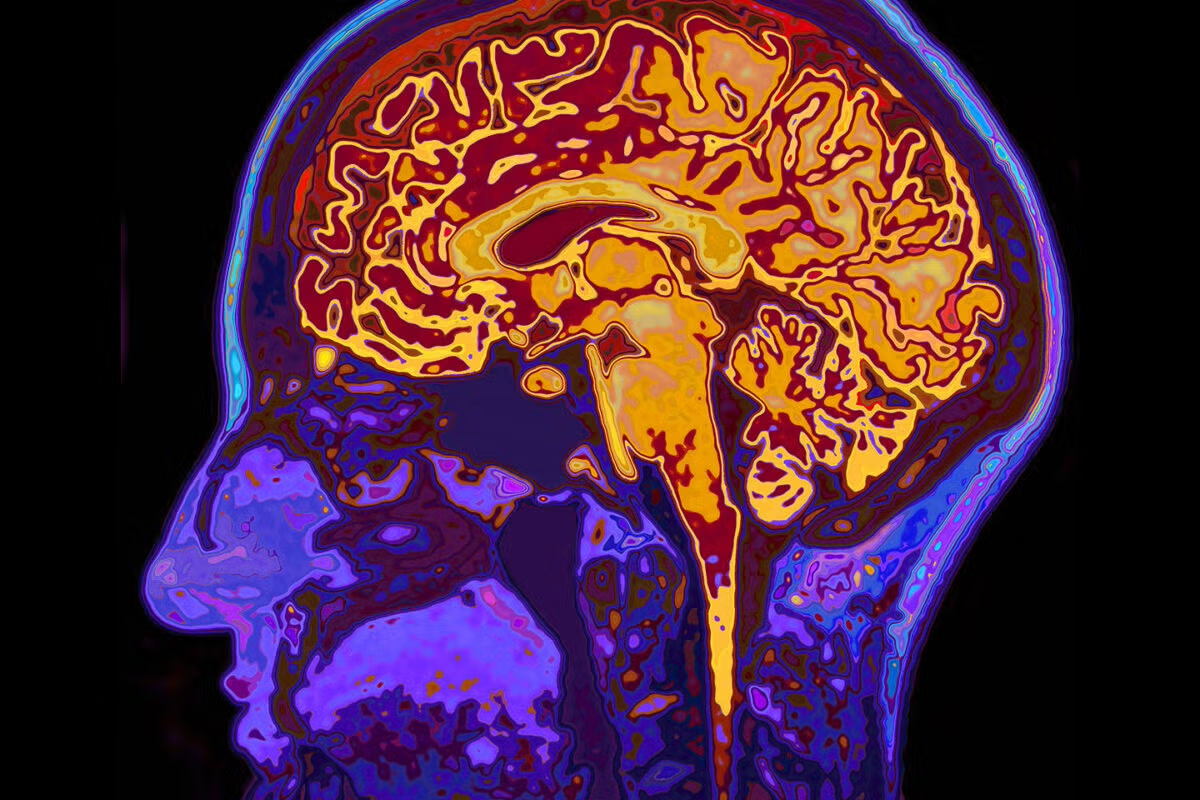News: Research
UT News
9 Ways UT Is Advancing Dementia Research
Researchers at UT Austin are working to change the future of Alzheimer’s and other forms of dementia.

Improved Brain Decoder Holds Promise for Communication in People With Aphasia
Restoring some language for aphasia sufferers, like Bruce Willis and a million other Americans, could involve AI.

Brain Map Clarifies Neuronal Connectivity Behind Motor Function
Scientists have traced connectivity between neurons to identify how the brain communicates with the spinal cord.

Scientists Observe How New Fears Can Infiltrate Old Memories
The research has implications for understanding post-traumatic stress disorder and phobias.

Exciting News: Neurons Rely on Glial Cells to Become Electrically Excitable
Husniye Kantarci was part of a team that discovered the role of glial cells in controlling neural development, learning and numerous diseases.

Dr. Laura Colgin receives Distinguished Investigator Grant from the Brain & Behavior Research Foundation
Colgin's research explores how hippocampal dysfunction contributes to abnormal social behaviors in individuals with autism associated with Fragile X Syndrome.

Messing lab publishes in Brain, Behavior and Immunity
This work investigates the role of toll-like receptor 3 (TLR3), a receptor that is involved in inflammatory pathways in the brain.

Scientists Develop New Theory to Understand Why Our Perception is Biased
Researchers examined decades of data to create a unifying theory to explain biases in perception.



